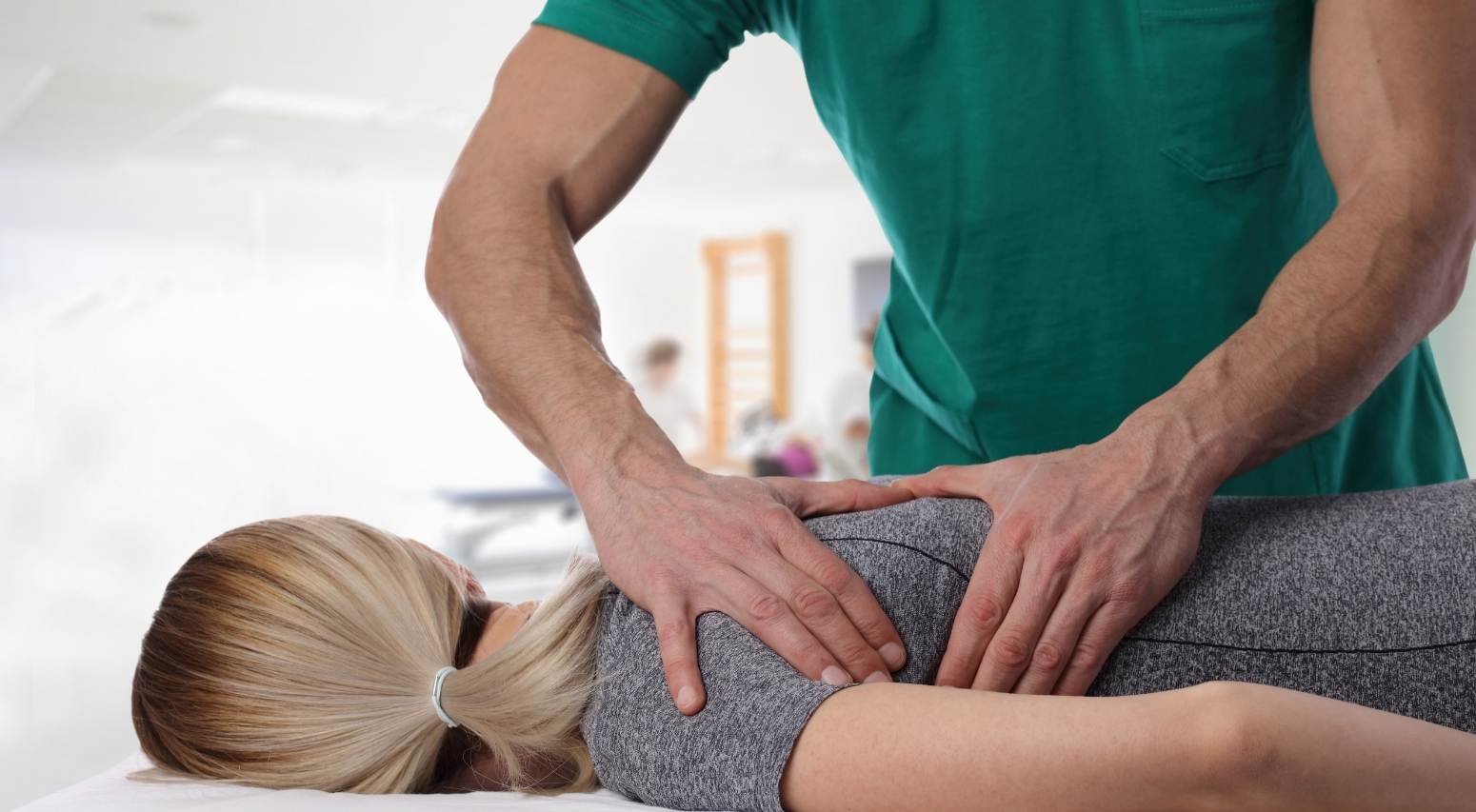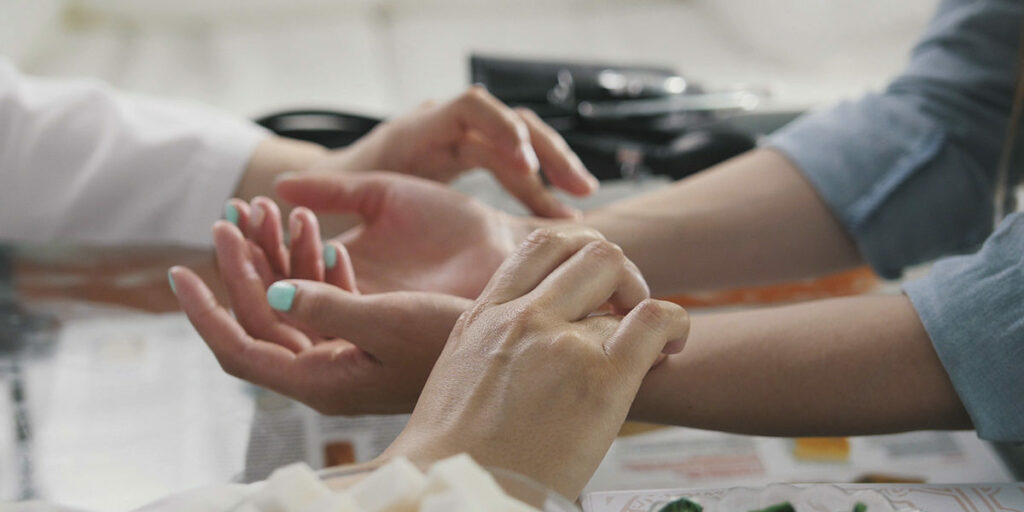Also, If you or someone you know is struggling with addiction, it’s important to understand that there are different types of treatment options available. One type of treatment that is gaining popularity is holistic addiction treatment. Holistic treatment for addiction focuses on the whole person, not just the addiction itself. This type of treatment looks at all aspects of a person’s life and addresses the underlying causes of their addiction. In this blog, we’ll explore what holistic treatment for addiction looks like and how it can help those in recovery.
Contents
What is Addiction?

Addiction is a complex condition that can involve both physical and psychological dependence on a substance or activity. People who are addicted may feel unable to control their urge to use, even when they are aware of the harmful consequences.
Addiction is often characterized by compulsive behaviors, such as using despite negative consequences, “craving” the substance or activity, and continued use despite knowledge of physical or psychological harm.
Addiction can be difficult to overcome without professional help and support. Holistic treatment programs take a comprehensive approach to treating addiction, addressing both the physical and psychological aspects of the condition. Treatment typically includes detoxification, counseling, and other therapies designed to help people recover from addiction and live healthy, drug-free lives.
Holistic Treatment for Addiction
Holistic addiction treatment is a comprehensive approach that treats the whole person, not just the addiction. It looks at all aspects of a person’s life, including their physical and mental health, social circumstances, and personal relationships.
Addiction is a complex condition that can’t be cured by simply giving up drugs or alcohol. It requires treatment that addresses all of the underlying causes and issues. Holistic treatment for addiction takes this comprehensive approach and tailors it to each individual.
The goal of holistic treatment is to help people achieve long-term recovery from addiction. This means addressing not only the addiction itself, but also any underlying mental health disorders, social factors, and life stressors that may have contributed to the development of the addiction. Treatment is designed to help people develop the skills and coping mechanisms they need to manage these issues and avoid relapse in the future.
Types of Holistic Treatment for Addiction

There are many types of holistic treatment for addiction, but they all have one goal: to help the person suffering from addiction recover in a way that is holistic, or complete. This means treating the whole person, not just their addiction.
Some of these are:
Guided Meditation
One of the most popular forms of holistic treatment for addiction is guided meditation. This involves using relaxation techniques and exercises to help improve concentration and reduce stress, which can help manage addiction. The type of meditation used will depend on the individual’s needs.
Yoga
Yoga is another form of holistic treatment that can be useful in treating addiction. Also, Yoga helps to relax the body through stretching, breathing, and meditation and can be used to help cope with any emotional or physical pain associated with addiction. Some types of yoga to look into for addiction recovery include Hatha, Iyengar, and Ashtanga.
Acupuncture
Acupuncture is an ancient Chinese practice that involves the insertion of thin needles at specific points along the body to promote healing and relaxation. Also, Acupuncture has been shown to help reduce cravings associated with addiction, as well as improve mood and reduce stress.
Aromatherapy
Aromatherapy is a holistic treatment that uses essential oils to promote relaxation and healing. Different oils are used for various purposes, such as calming the nervous system, reducing anxiety, and improving sleep. Aromatherapy can be beneficial in addiction recovery because it helps relax the mind and body, allowing people to focus on their recovery.
Art Therapy
Art therapy is a therapeutic technique that uses art materials as a way of expressing feelings, thoughts, and emotions. Also, Art therapy helps to address underlying issues in addiction such as depression and anxiety by allowing the person to express themselves through creative outlets.
Mindfulness-Based Cognitive Therapy
Mindfulness-based cognitive therapy is a type of therapy that combines elements of mindfulness with cognitive behavior therapy (CBT). This type of therapy helps to address the underlying emotional and psychological issues associated with addiction, such as low self-esteem, anxiety, and depression.
Nutrition and Diet
Nutrition and diet are important factors in recovery from addiction. Nutritional counseling can help to address underlying nutritional deficiencies that may be contributing to addiction, as well as provide guidance on healthy eating habits.
Exercise
Regular exercise is a great way to reduce stress, improve mood, and boost energy levels. Exercise can also help with the physical and psychological aspects of addiction recovery, as well as help to regain motivation and self-confidence.
Massage Therapy
Massage therapy is another form of holistic treatment that can help with addiction recovery. Also, Massage helps to reduce tension in the body and improve circulation, aiding in relaxation and stress reduction. It can also help to increase self-awareness and provide an outlet for emotional release.
Animal-Assisted Therapy
One of the more unique forms of holistic treatment is animal-assisted therapy. This involves using animals to help with the healing process, such as providing comfort and emotional support. Animal-assisted therapy can be beneficial for those recovering from addiction because it helps to provide unconditional love and companionship, which can be very helpful during times of stress and difficulty.
These are just a few of the many types of holistic treatments for addiction. The most important thing is to find one that works best for you and is tailored to your individual needs.
Benefits of holistic Treatment for Addiction

There are many benefits to holistic treatment for addiction. This type of treatment takes a comprehensive approach to addressing the underlying causes of addiction and its symptoms. By treating the whole person, rather than just the addiction itself, holistic treatment can provide lasting results.
Some of the specific benefits of holistic treatment for addiction include:
- Holistic treatment addresses the underlying causes of addiction: This type of treatment can help to identify the root causes of addiction and address them directly, instead of just focusing on the symptoms.
- Holistic treatments are individualized: Holistic treatments take into account a person’s unique needs and preferences when creating a treatment plan. This helps to ensure that each individual gets the most appropriate treatment for their specific situation.
- Holistic treatments can reduce stress: Many holistic treatments, such as yoga, meditation, and massage therapy, are designed to help reduce stress levels. This is important in addiction recovery because stress can be a major trigger for relapse.
- Holistic treatment helps improve overall health and well-being: Holistic treatments are designed to help people improve their physical, emotional, and mental health. This can have a positive effect on addiction recovery by helping to reduce cravings and develop healthier behaviors.
Overall, holistic treatments for addiction provide an individualized approach that takes into account the whole person. By addressing the underlying causes of addiction and its symptoms, as well as improving overall health and well-being, holistic treatments can be an effective way to treat addiction and increase the chances of long-term recovery.
Is Holistic treatment for addiction Right For Me?
There is no one-size-fits-all answer to this question, as the best course of treatment for addiction will vary depending on the individual’s unique circumstances. However, there are some general things to consider when deciding if holistic treatment is right for you or a loved one.
First, it’s important to understand what holistic treatment is and how it differs from traditional approaches to addiction recovery. Traditional treatment typically focuses on detoxification and abstinence from substances, while holistic treatment takes a more comprehensive approach that addresses the person’s physical, mental, and emotional needs.
Holistic treatment may be a good option if you’re looking for an alternative to traditional treatment or if traditional treatment hasn’t been effective for you in the past. It’s also important to consider whether you’re willing to commit to the time and effort required to make holistic treatment successful. Holistic treatment can be intense and requires a lot of work on the part of the individual, so it’s not right for everyone.
Conclusion
Holistic treatments for addiction can be a valuable addition to the traditional approaches used in recovery. By incorporating holistic therapies alongside evidence-based treatment models, individuals struggling with addiction can find both physical and emotional relief from their symptoms.
Holistic treatments are effective in helping individuals gain insight into how past trauma and current circumstances impact addictive behavior patterns, as well as providing coping strategies for living healthier lives.
For more information, please contact MantraCare. Addiction is a chronic and often relapsing disorder characterized by compulsive drug-seeking and use despite harmful consequences. If you have any queries regarding Online Addiction Counseling experienced therapists at MantraCare can help: Book a trial Online therapy session


